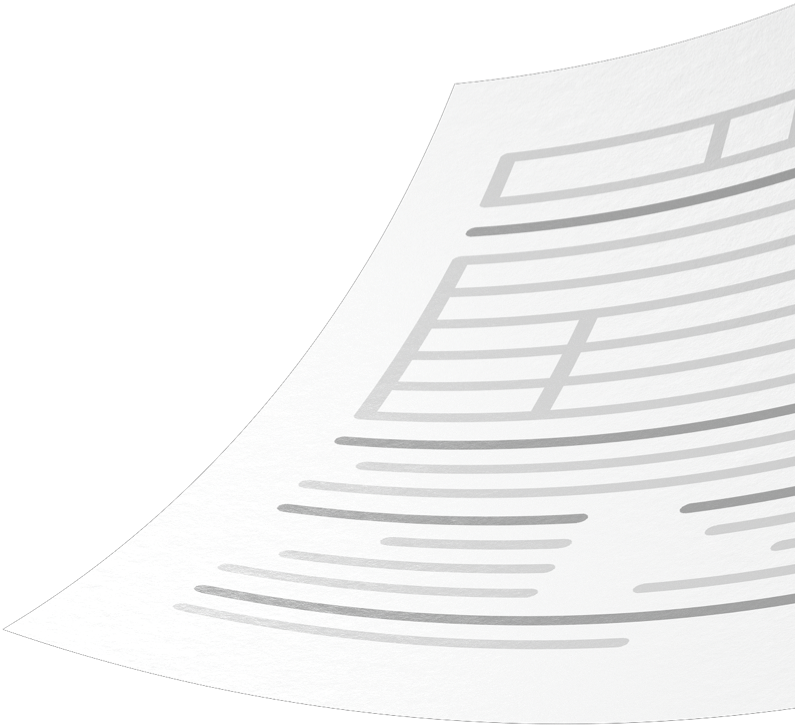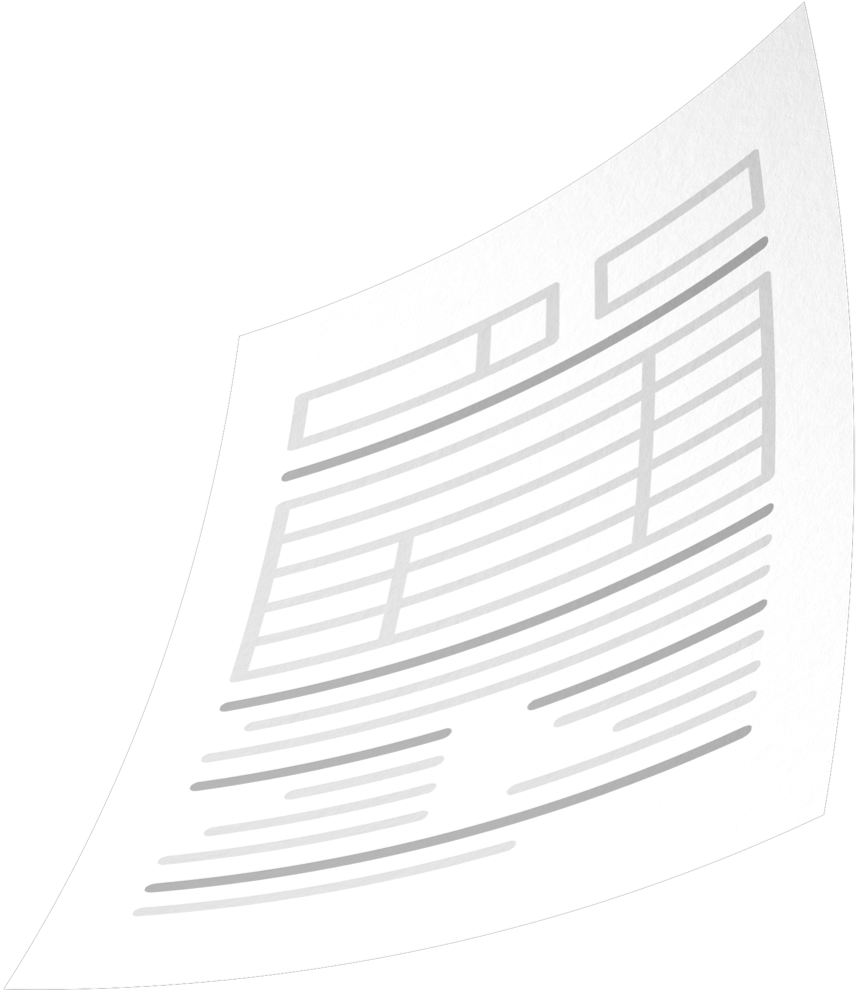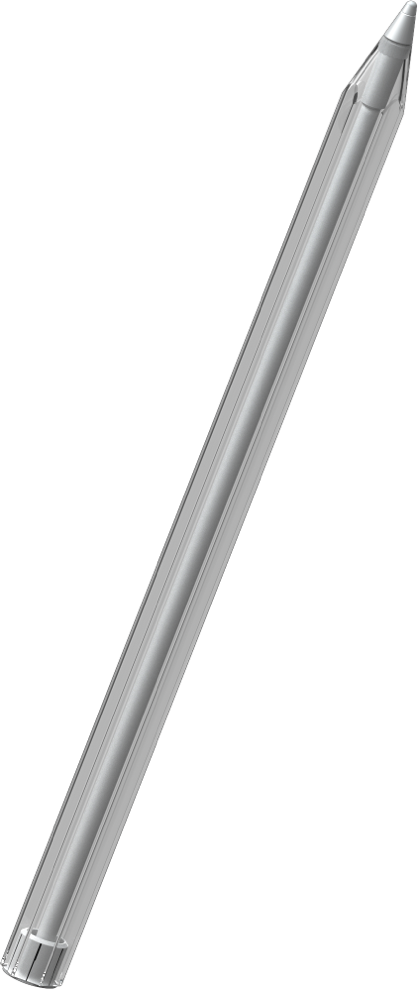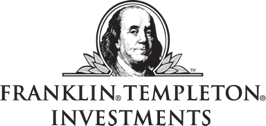

Historically, too much of accounting and close activities involved traditional manual accounting processes, which simply aren't sustainable. With new technology that can automatically discover errors, inaccuracies, and exceptions, accountants are freed to focus on the issues instead of losing days just trying to find them in the first place.
According to CFO.com, five days typically separate top performers from those at the bottom end of performance. That translates to an entire work week that could be spent on analysis.
By only researching the anomalies, accounting and finance staff can
also refocus on providing strategic guidance to the business,
such as improving internal processes or finding cost-saving opportunities.
In other words, the added time allows accountants to apply not just
their knowledge and expertise, but also their nuanced creativity
and intelligence.
By focusing only on exceptions, you can be free to be
an exceptional accountant.
During an annual BlackLine user conference, a panel from Johnson Controls discussed the seven habits that can help you achieve exceptional accountant status while building a foundational
framework for your accounting and finance teams.
The Johnson Controls panel is highly qualified to be speaking about this subject. Through hard work, they have developed a high-performing accounting organization that is not just embracing change but driving it.
Their secret is modern accounting. After going through significant reorganizations and several different acquisitions, they realized they needed to move to modern accounting by unifying their data and processes, automating repetitive work, and driving accountability through visibility. This has enabled them to break down business-driven silos,
earn that win-win with auditors, and work smarter, faster, and better.
Here’s how they did it.
































